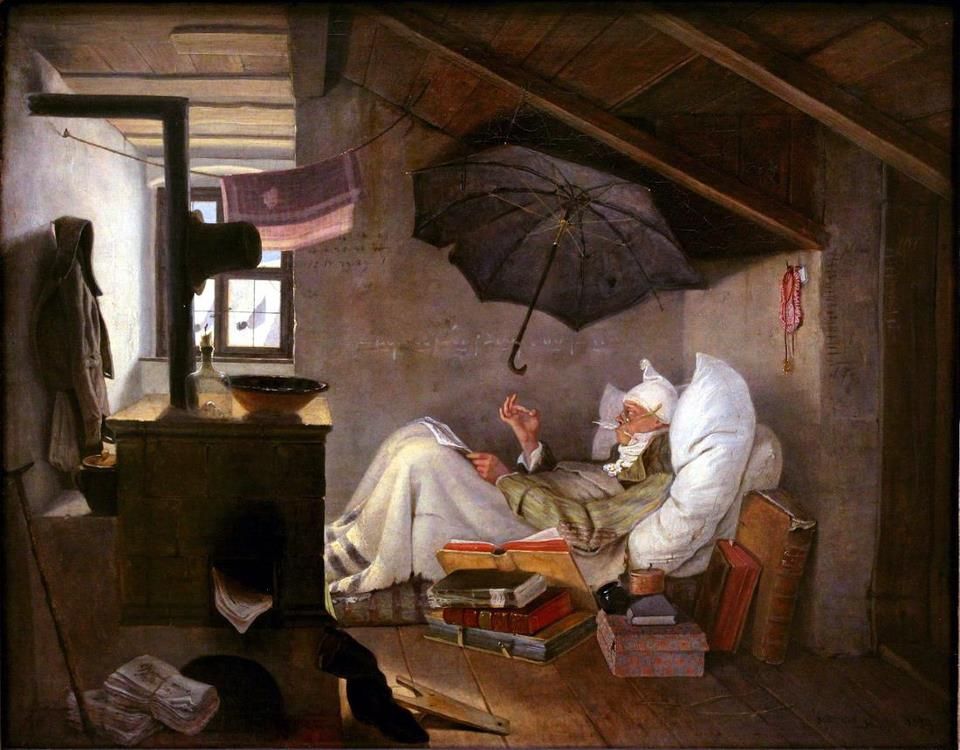Since the start of the pandemic, I have delved deeply into online media spaces in a way that I just didn’t before. I knew podcasts existed, I listened to Welcome to Nightvale, but that was pretty much it. I used YouTube as a music discovery source. Now I use YouTube as a sort of extended podcast format and listen to far more podcasts. Running the library’s Twitch account has also given me new insights into show hosting, even if it’s hard for me to always string words together while trying to play a video game XD
I think I find video podcasting to be compelling because of the ease of viewing and discovery on YouTube and because of the absurdist humour, sincerity, vulnerability, parasocial relationships, cultural framing, and political culture of the loosely connected movement called BreadTube. BreadTube itself is a reference to Russian anarchist thinker Peter Kropotkin’s “The Conquest of Bread” (1892). Traditional western scholarship has privileged a rhetoric of objectivity that claims to be beyond the subject of its study. One of the things I like about the parasocial media landscape is how it by necessity draws attention to its own positionality.
Video podcasting also features unique opportunities for expression. Voice and image, much like the written word and image, create so more space for intertextual humour when the image plays with or comments on the meaning of the spoken word. I also struggle with some finer motor skills and using a phone is not always comfortable or intuitive for me. My preferred interface is the laptop. If the video is captioned, I can also enjoy the media when I’m having a bad sensory day and sounds are all feeling too sharp.
In general, I struggle to feel like something is going to be worth my time unless it’s 20 minutes or more, preferably at least half an hour. I am the kind of cryptid who will listen to an almost 8 hour long video unpacking a video game series that I have no intention of ever playing if I like the style, voice, and depth of the commentator. I’m fond of such YouTubers as Noah Caldwell Gervais, Spice8Rack, Sean, Sophie from Mars, Thought Slime, Folding Ideas, Jacob Geller, Jessie Gender, Philosophy Tube, Zoe Bee, Autistamatic, Overly Sarcastic Productions, and many, many more. It is through channels such as these that I have developed a fondness for an approach to scholarly communication that can be roughly summarized by the formula:
Pop culture + scholarship + personal anecdotes = Engaging content and community building
Spice8Rack once went on a “joking-not-joking” rant during one of its videos about how fandom culture has become one of the primary locations of community, self-identity, and meaning in the atomized neo-liberal dungeon of alienation in which we find ourselves. I think this is true, and being able to connect educational and personally relatable material to things that people are already passionate about is an important element of how and why I want to make “content.”
When it comes to more typical podcasts I find the conversational or interview style and monologue style to be the most engaging. Podcasts such as You Got This! All My Relations, the Goblin Lore Podcast, Working Class History, or Our Plague Year.
I have found that I tend to be less engaged by panel podcasts in which there are too many voices to try and keep track of and the conversations can feel diluted, a little more superficial to me as everyone tries to “get their word in.” I’ve also had a hard time getting into podcast theatre, aside from Welcome to Nightvale. Another thing that I struggle with is how sound effects are sometimes used. I enjoy much of the content of the “Library Punk” podcast, but am often put off by their use of sudden, loud sound effects, such as air horns.
After bouncing around so much, I’m not sure what “my discipline” is anymore. Libraries? Public History? Science and Technology Studies? History and Philosophy of Science? Neurodiversity Studies? Memoir? Personal essays? Just good ol’ fashioned “edutainment?” I only know for sure that I don’t want to fall back into old habits of making a topic seem as complex as possible in the hopes that the other scholars don’t come after me.
Right now I’m playing with the idea of writing a short episode about the video game “Unpacking,” after Brenna encouraged me to play it during an episode of Twitch Tuesdays. I am also writing notes for a script talking about an obscure set from Magic: The Gathering called Fallen Empires (1994), my childhood, why I became a historian, how I think about history, and academic studies of climate chaos, societal collapse, and hope.


I am sorry for the all the feelings I bet I instigated by asking you to play through unpacking! Thank you for the You Got This! shout-out, too. 🙂
You do have me thinking about the limitations of this course re: the video podcast, which I think is my own lack of awareness of the form. I love YouTube as a genre (as we’ve chatted about before) but never even think to watch the video stream of the podcasts I listen to. But you’ve got me thinking about how to build out a component of the course for people who are looking to video podcasting as an option, too — so thank you!